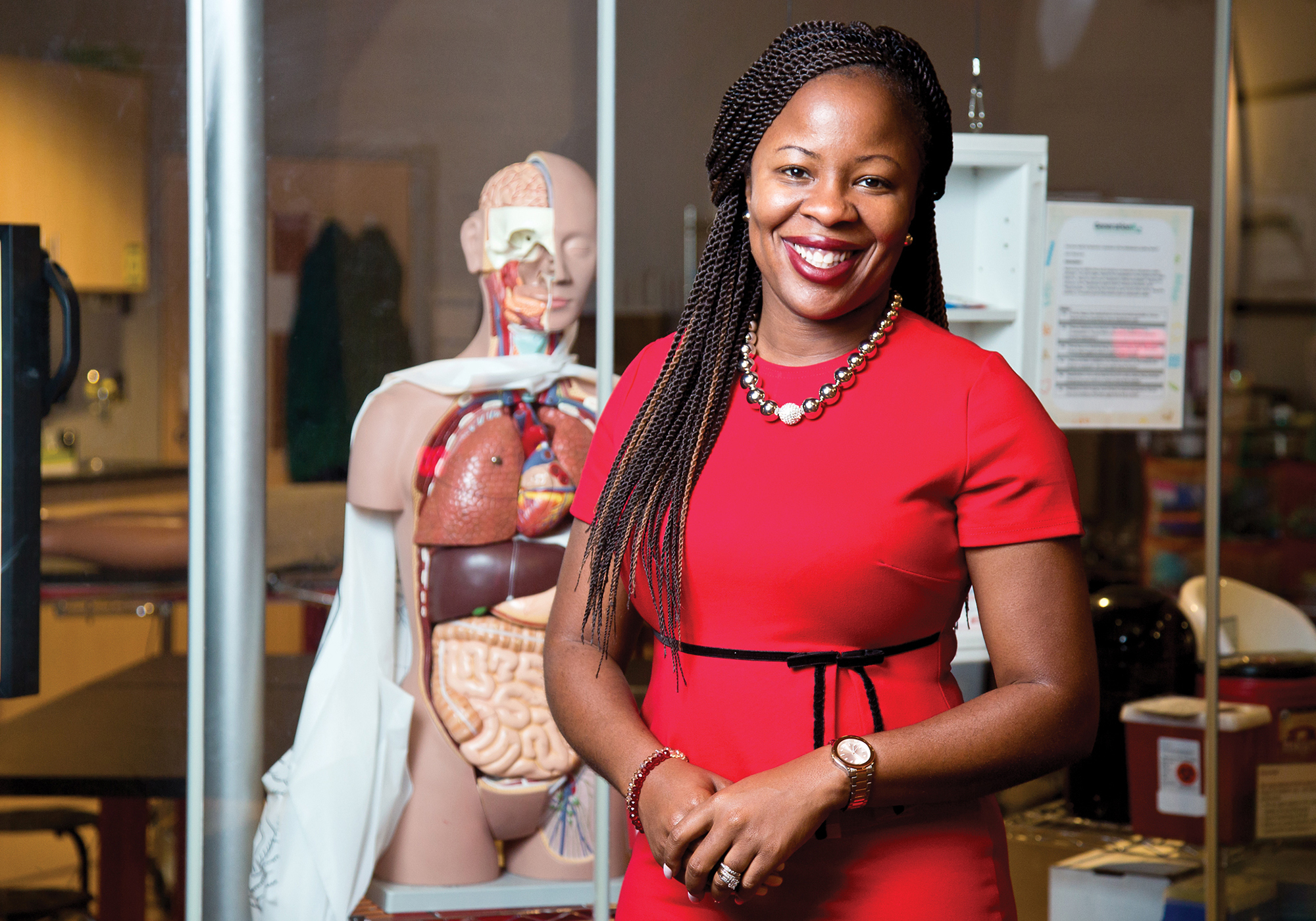Dr. Jacqueline Nwando Olayiwola
Chair and professor, family and community medicine; chief, family health services; founder, Center for Primary Care Innovation and Transformation, Ohio State University College of Medicine
Dr. Jacqueline Nwando Olayiwola Rob Hardin | Columbus CEO
About: Dr. Jacqueline Nwando Olayiwola is an internationally renowned board-certified family physician, public health professional, health systems redesign leader, workforce diversity and inclusion champion and primary care transformation pioneer. As one of a very small number of physicians and women of color bridging academic, health care and health technology leadership, Dr. Olayiwola has been a leader in harnessing technology to increase access to care for underserved and disenfranchised populations.
Columbus needs to emerge as a city where there is not only diversity in numbers, but in leadership, businesses, education and thought.
Outside of work: We Care Solar advisory board member; Primary Care Progress advisory board member; Robert Graham Center for Policy Studies in Family Medicine and Primary Care advisory board member; founder and CEO, Inspire Health Solutions in San Francisco Bay Area and Columbus; founder, Association of Minority Women Professionals.
What does Columbus need to thrive? Over the last few decades, Columbus has seen a surge in expansion of racial/ethnic, religious and other minority groups like few other cities have experienced. We need to ensure economic and business opportunities for all who call Columbus home. This will require fewer silos in economic efforts, health care and neighborhood developments. Columbus needs to emerge as a city where there is not only diversity in numbers, but in leadership, businesses, education and thought. This will require significant renewal or optimization of programs that support minority and women owned businesses and a laser focus on social justice and equity in policies and actions.
Nwando Olayiwola’s idea: The Future 50 group could be galvanized to create a diversity and equity scorecard or rating system to hold accountable Columbus leaders, investors, businesses, government officials and educators. Similar to Zagat for restaurants or star ratings for movies, this scorecard could rate organizations and entities on a consensus-developed set of metrics. Input would be sought from members of the community, and criteria could include quantifiable data points that the cohort of Future 50 leaders could develop together. We are working on something similar at Ohio State for our anti-racism efforts.
